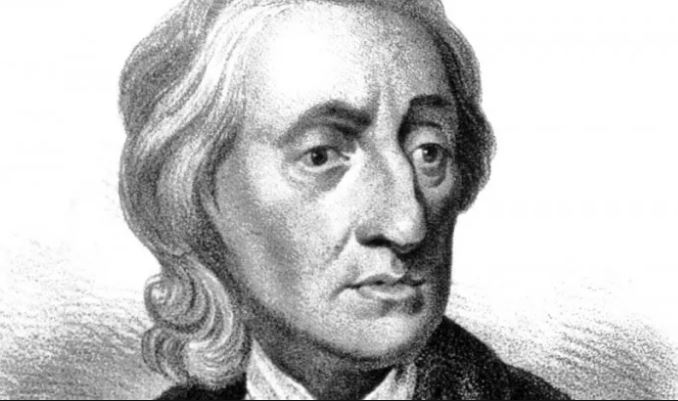Nobody asked but …
Being all equal and independent, no one ought to harm another in his life, health, liberty, or possessions.
― John Locke
If we are to check our premises, as Ayn Rand cautioned, then we should question Locke’s premises for the above statement. Are all equal? Are all independent? Child A is born of parents A, while child B is born of parents B. Since any one of us cannot occupy the same time and place as another, A is distinct from B. Even if child A and child B have the same parents, they each have a distinct birth event. Is there anything about one birth event that confers superiority on one over the other?
Some may argue that A or B is older than the other, thereby having some type of primogeniture — but that is a fiction. It is not a fact that first born is higher born. It is a convenience. It is a custom observed so that two children of a father will not have an inconvenient claim to the same possessions.
As regards the matter of independence, no human is naturally dependent on another human from similar or different origins. Person A lives her own life, maintains her own health, enjoys her own liberty, and lays claim to her own possessions. These are separate and distinct from those of person B.
Since no law of nature gives A advantage over B, there is no enabling of A to exercise dominion over B.
— Kilgore Forelle




